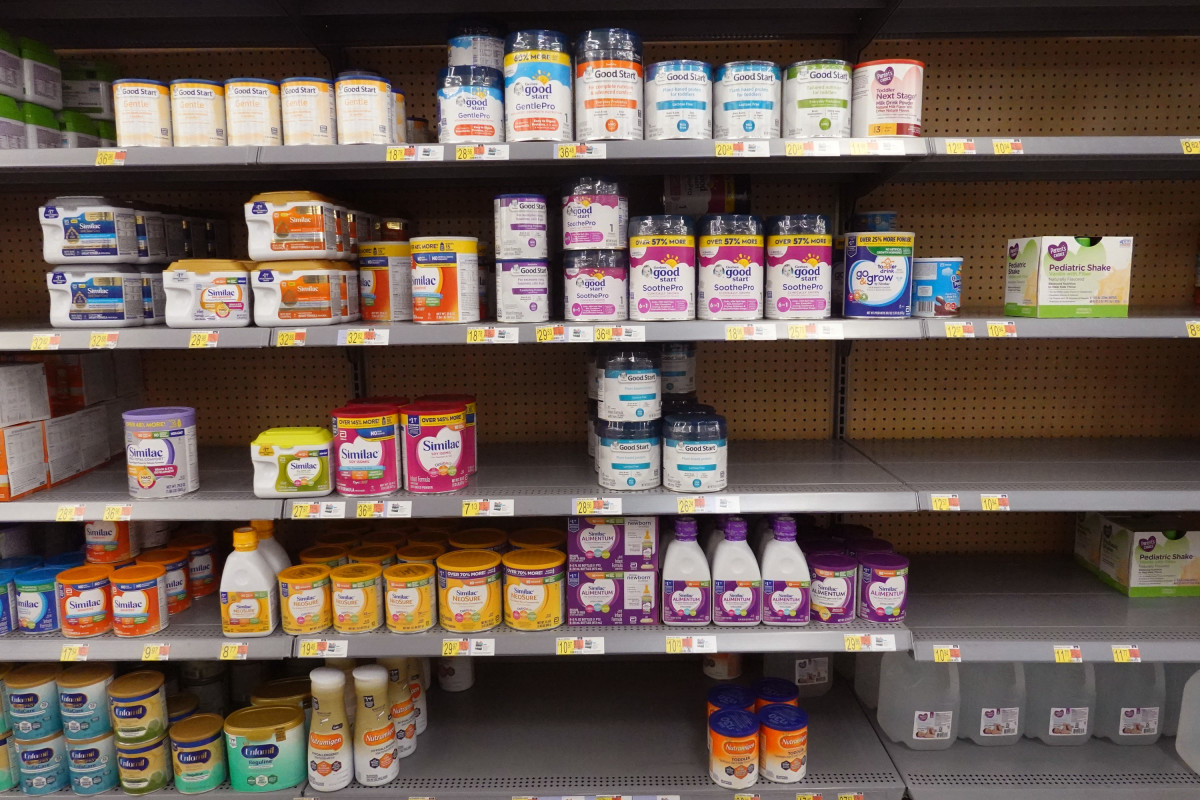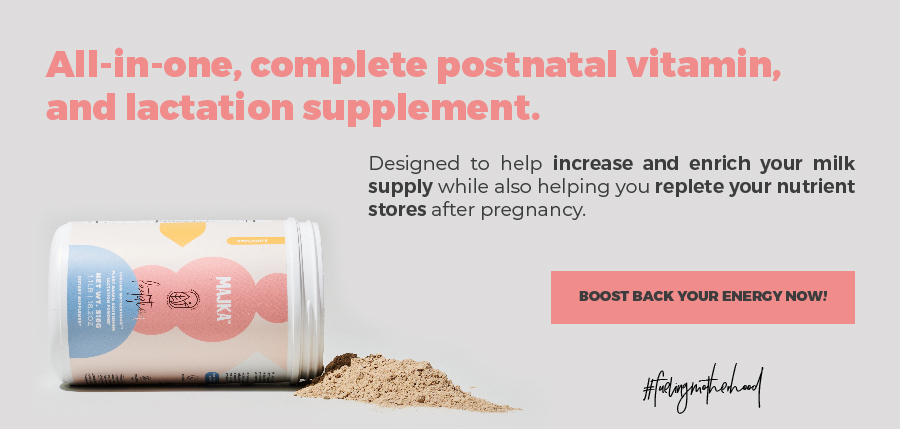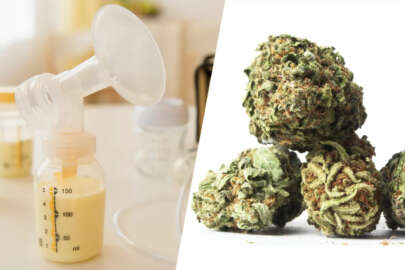
A quick walk through the baby aisle in the supermarket or a scrolling session to compare baby formulas on Amazon can leave you confused pretty fast, leaving you to ask yourself how are you going to pick the best formula for a baby; while having plenty of options to choose from can be a good thing for parents who are trying to get specific characteristics for their kid’s nutrition, it can easily become an overwhelming experience.
Maybe you are just trying to pick the best option to start supplementing your baby’s breastfeeding diet, or maybe you have already tried different brands or formula types that haven’t had the best results based on your baby’s digestion and are looking to improve this issue. Thankfully, making a decision is easier than you may expect, as long as you keep some basic insights in mind and get support from your family doctor or lactation consultant.
Although we strongly recommend to exclusively breastfeed your child during their first year of life to enjoy the health and developmental benefits breast milk can give them, we want all mommies to not feel anxious about choosing the best formula for a baby, so we are providing you with some useful information to clear your mind and help you make a choice you feel more comfortable with.
Knowing your options
Before we get into the details to compare and pick the best formula for a baby in terms of nutritional profile, let’s stop and study the different types of infant formula available out there.
These are the main types of formula:
- Cow’s milk-based – About 80% of formula sold in the United States is cow’s milk based. As its name indicates, bovine milk is the main ingredient present in these products; in order to be safe and digestible for a baby, dairy is modified, but some babies could still be allergic to this type of formula to the proteins found in cow’s milk.
- Soy – Often recommended to mommies whose babies are unable to digest lactose or mother’s who try to exclude animal products from their baby’s diet. These formulas normally contain a mix of either glucose or sucrose, to provide carbohydrates.
- Hydrolyzed – You will commonly find this type with words like “calm” or “gentlease” on their tagnames. Hydrolyzed formulas are products that have broken down the protein – through a chemical process called hydrolysis – into even smaller proteins, helping a baby’s digestive system to process them better. This type of formula is often recommended for lactose intolerant children, babies having problems digesting soy and babies with protein allergies.
- Specialized – These formulas are properly designed for babies with certain diseases or disorders, like premature babies who have special needs. Specialized formulas should only be considered if your doctor has indicated their use, making sure to carefully follow all the guidelines and instructions for feeding, as they have special directions compared to standard baby formula.
You can find all of these types of formula in three different presentations:
- Powdered – The most popular and easiest to find. It needs to be mixed with water.
- Concentrated – A liquid presentation that also needs to be watered down.
- Ready-to-use – Commonly found as ready-to-feed, these products are premixed and, as it indicates, does not need any additional water. Check with your doctor before choosing ready-to-use formula since it’s usually prescribed for premature babies, babies younger than 2 months old, or babies with certain health conditions.
Remember, formula preparation is important. You can use formula pitchers to safely prepare the amount of formula you need for the day.
Fulfilling your baby’s dietary needs
By this point, we are already aware that formula provides your baby with the necessary nutrients they need to grow healthy, yet it lacks some of the benefits that breast milk gives.
In the search of the best formula for a baby, any brand of formula – approved by the FDA – should be okay for your little one, stil we always encourage parents to read the back label, check ingredients to see if there are any included ingredients that you may want to include or avoid. These are some additional nutrients that some formulas include and could boost a kid’s development:
Prebiotics & probiotics
Prebiotics and probiotics–also known as healthy bacteria– are substances that could be an ally for your baby’s digestive system. For some, these are considered a way to try and mimic natural human milk oligosaccharides.
Iron
Iron-fortified formulas help your baby reduce the chances of developing iron-deficiency anemia, and as some babies are not born with enough reserves of iron, an essential mineral for their development.
If you have heard that high levels of iron could cause constipation in a baby, we can tell you that the amount of iron an infant consumes through formula does not contribute to constipation issues, so you don’t have to worry about that for this reason.
Fatty acids
Most formulas contain fatty acids like docosahexaenoic acid (DHA) and arachidonic acid (ARA), which are substances that are believed to play a positive role in the development of brain and sight functions.
These omega-3 fatty acids are also found in breast milk and certain foods, such as fish and eggs.
When to consider a formula switch
If you see that your baby is refusing the bottle or just fussy when trying formula for the first weeks, be patient, keep in mind that their temperament could be a result of something else, or maybe it is just that they are moody for getting through change, so don’t be fast to jump into conclusions.
Although, there are some signs that do show a formula switch is probably the best idea, which include:
- Galactosemia
- Lactose intolerance
- Soy allergy
- Silent reflux or GERD
- Protein Allergy
If you are switching formulas, it is key to make this change as smooth as possible, introducing the new infant formula little by little in order to avoid upsetting your baby’s stomach.
Lastly, one of the of the biggest myths out there is that brand name is a better option than store brand formula, but it is pretty much the same, so don’t spend too much time basing your choice on this reason. When making the choice of which is the best formula for a baby, we suggest you prioritize accessibility, as being able to have an option you can obtain easily from where you’re living is a very important factor, mostly nowadays.
Before making your choice, we encourage you to reach out to your pediatrician, as they will probably know better the best options available for you and your baby, and remember to follow Breastfeeding 101 to not miss any any content and learn more insights on everything around lactation.
Still want to learn more on baby formula and supplementation? Visit the resources that made this article possible:
Your Guide To Switching Baby Formula | Forbes Health
How to Choose a Baby Formula | Babylist
Choosing an Infant Formula | CDC
How to Choose a Baby Formula | Nationwide’s Children
Choosing a Baby Formula | Healthy Children
Infant Formula Preparation and Storage
Annie Rueb






